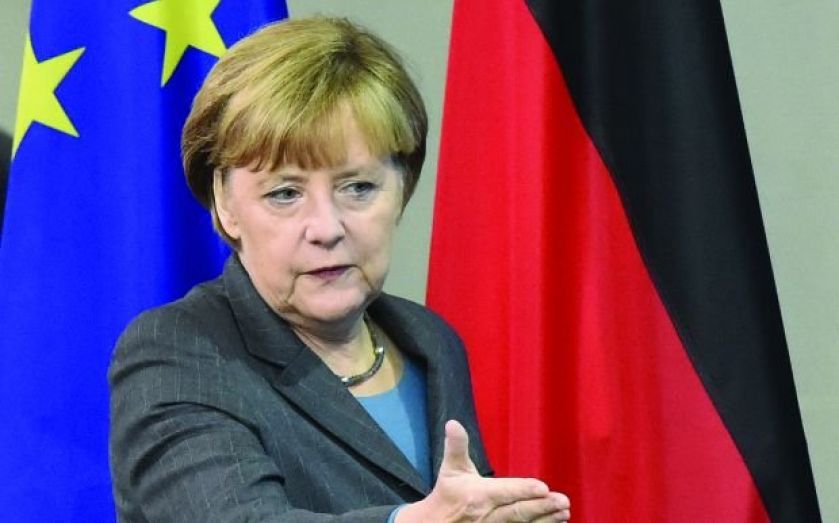Drop in German inflation raises worries for euro

The threat of Eurozone-wide deflation and prolonged economic stagnation was heightened by figures out yesterday showing a surprise drop in German inflation.
Official data revealed that month-on-month price growth was minus 0.3 per cent from September to October. The number is down from September’s month-on-month growth of minus 0.1 per cent.
Annual inflation still remains above zero at 0.7 per cent. But the annual figure also represents a slowdown after September’s 0.8 per cent year-on-year growth.
Deflation has become a major worry for the Eurozone. Economists are concerned that it could follow the in the footsteps of Japan.
In the early 1990s Japan suffered a huge economic crash after a property bubble. At one stage the Imperial Palace was said to be worth more than the entire state of California. After the economy crashed Japan experienced two decades of deflation. During these two decades Japan struggled to sustain economic growth.
European officials have boosted attempts to revive inflation by having already reduced some interest rates into negative territory.
And last week saw the first purchases of private sector bonds by the European Central Bank, although some economists believe the stock of private sector bonds is too small. Germany remains opposed to purchasing government bonds.
German politicians believe government bond purchases will delay necessary supply-side reform across the troubled continent.